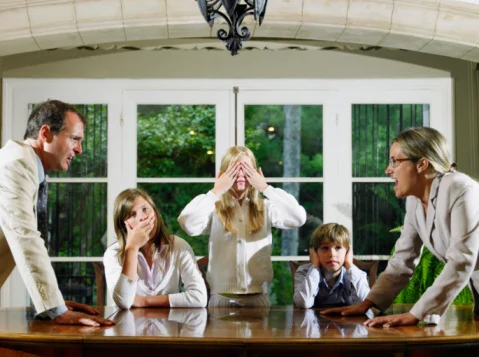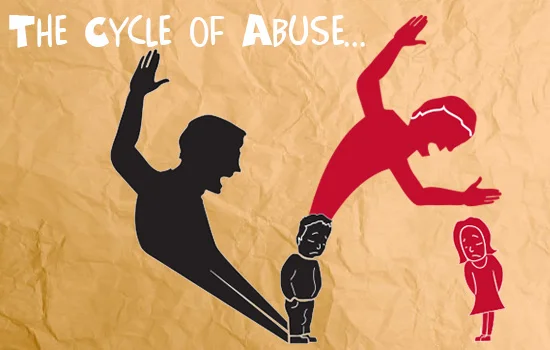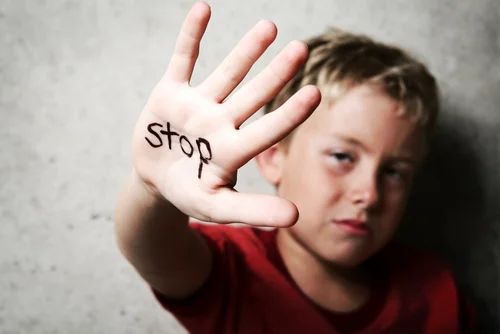+1 845 259 2974 (11 a.m to 7 p.m CST)
Don't burden your kids with parental issues

Raising children has never been considered an easy job, owing to the fact that it is a full-time job and that parents are responsible for nurturing the responsible citizens of tomorrow who would become an integral part of society. Parents are humans and they make mistakes like the rest of us, but what they should realize is that their mistakes are being closely observed by their kids to be imitated in different social situations later. It is important for parents to know that personal issues between both the parents can have a very negative influence on teens which can translate into disaster. Parents affect children and they should make sure that they are doing so in a positive way.
Building the belief system
Children establish their belief system on the basis of how their parents act, react and talk. The same belief system determines the behavior and emotions of kids for life. Parents should act responsible in front of their children and treat everyone around with love, patience and care to reinforce the idea of an ideal home in the teen’s mind.
Disagreements vs arguments
Disagreement is part and parcel of married life and it is quite common for couples to engage in verbal disagreements. In case both the parents are unable to hold their nerves, the discussion turns into an argument which is accompanied by yelling, name calling and inappropriate gestures. Fighting parents affect children negatively, so seeing their parents lose control will affect the child’s sense of security and self-control.
Detached to a fault
Parents who are more obsessed with fighting their spouse, keeping tags on each other’s whereabouts, and engaging in negative activities are more likely to ignore the feelings of their children. Mocking a child, ignoring their needs and humiliating them will minimize the kid’s chances of strengthening vulnerable relationships, thus making them as detached from basic emotions as their parents are.
Imitating the mother
Gary Glick from the University of Missouri formed a group of colleagues and questioned 172 American students (ages 10-17 years) about their relation with parents and peers. The result clearly showed that youngsters mirrored their mother’s negative patterns of forming bonds and friendships. Kids who imitated their mothers were found to use conflict and antagonism within their social groups. Display of negative attitude at homes is therefore a big NO.
Pulling your partner down
If one or both parents are involved in putting down their better half, consistently rejecting each other’s point of view, and threatening to file for divorce, will push your child towards a chronic state of anxiety. If the parents are divorced and one parent continues to blame the other for their own failures in front of the teens, the teens will also form a tainted perception about the targeted parent.
Absence of parental involvement
Lack of parental involvement can destabilize teens for a long time. Surveys and studies flooding the media repeatedly stress upon the fact that children who do not share close relationship with a parent are more likely to risk teen pregnancy, become alcoholic and a druggie, and will also live a secluded life marked by intense depression.
























